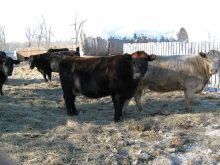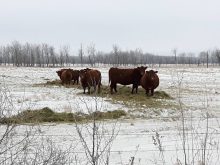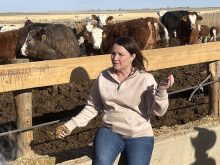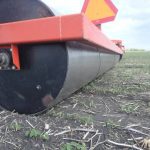Spring — the time when so may things return — warm weather, birds, flowers, thoughts of love, and of course, road bans.
That’s the common term for restricting heavy vehicles from damaging roads as the frost comes out of the ground, but there isn’t a common system of applying the bans across the province. Both the province and municipalities set bans on the roads within their jurisdiction.
Trent Bancarz, a spokesperson for Alberta Transportation, said the practice has been in place since the mid-1900s. The bans are most often imposed during the spring thaw, but can be put into place any time of year if conditions warrant it. Bancarz said newer roads often do not need the bans, but they are still needed to limit damage on older roads. He said that when the province inherited secondary highway responsibilities from the municipalities, they “got a bit of a hodgepodge.”
Read Also
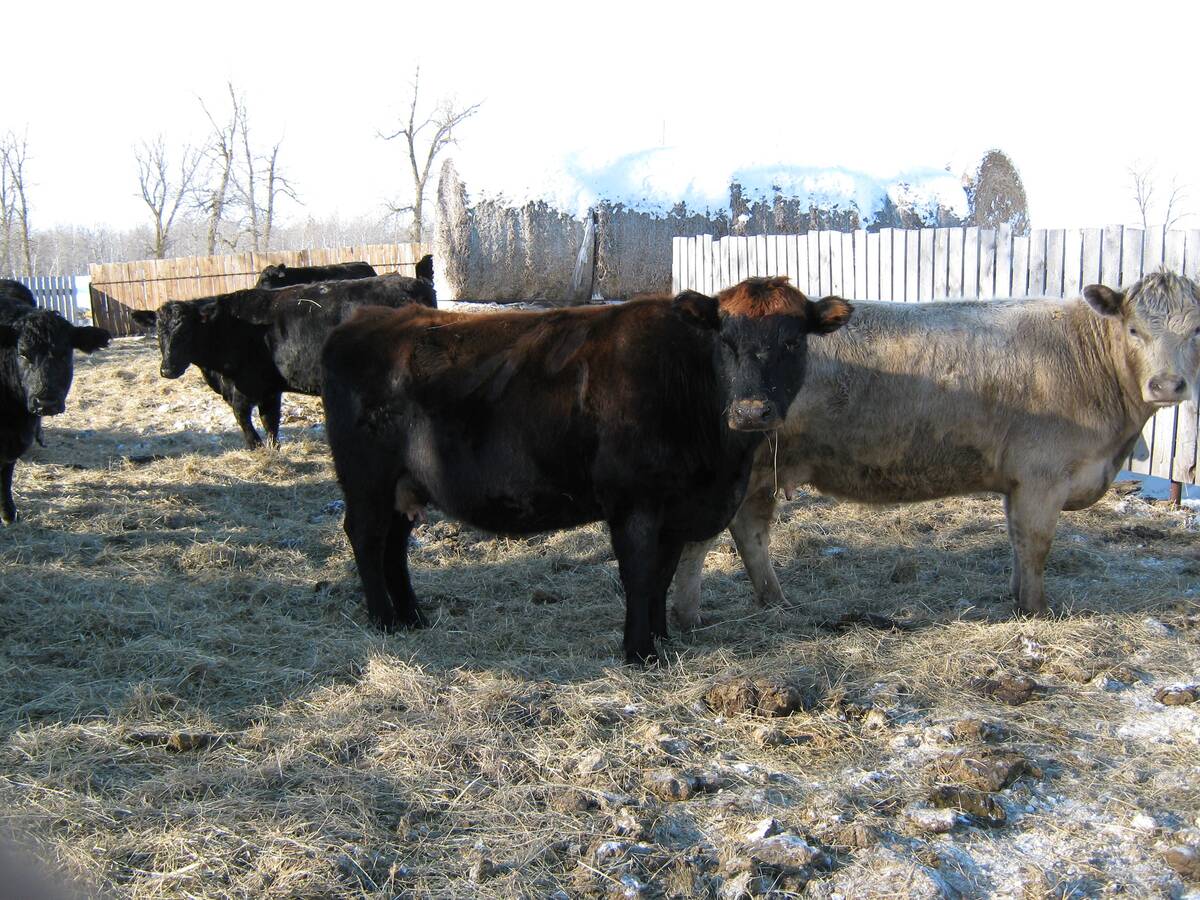
Don’t let winter deplete your cows vital vitamin A reserves
Boost your calving season success: prevent weak calves and maintain gestating cow health by fortifying winter beef diets with vitamin A.
Provincial road bans are often put in depending on weather conditions, but are usually physically inspected before the ban comes out, Bancarz said. Many factors go into the decision, including how the road was built and the material it’s made from. Bancarz said the ban is not just to protect the road from damage, but also to protect people from having their vehicles damaged or getting stuck. “I would hope people would be motivated to want a good road to drive on,” he said.
Some municipal districts mirror the province in implementation and timing, while others have developed different ways to protect vulnerable roads. The County of Lethbridge introduced umbrella road ban practices covering most county roads about four years ago, said chief administrative officer Dennis Shigematsu. Previously they would put bans on non-truck standard roads but now most roads in the county are covered by the ban.
Shigematsu said the country tries and gives agricultural operators a warning that road bans are about to go into place to give them time to haul first.
“There are tickets given out and now that we’ve had the procedure in place for three or four years the ag community’s being co-operative,” Shigematsu said. “There’s a real symbiotic relationship required here.” Many of the roads in the county weren’t designed to handle heavy weight, having been built in the 1950s and 1960s, he said. They can be reconstructed to current standards, but the county is concentrating on reconditioning roads instead because it’s more cost effective, Shigematsu said. Those reconditioned roads will still need to be protected by bans.
As necessary
In Smoky Lake County, road bans are only implemented if necessary. Otherwise, the county relies on communication with haulers to avoid damage to the roads.
“We try to avoid road bans whenever possible. In order to do that we require the co-operation of our farmers and our industrial haulers, et cetera, to communicate with the county when they anticipate very large loads or a lot of loads,” said chief administrative officer Cory Ollikka. He said the county avoids road bans because it’s more cost effective to be proactive than it is to pursue active enforcement. Those needing to haul heavy loads will be granted permission, if possible, to haul in the early mornings or late at night when the frost is still in the ground. Ollikka said if there is no frost, and the hauler has to use the road, they can enter into a road-use agreement that will hold the user accountable for any damage. Ollikka said he thinks road bans were more common a decade ago, but as oil and gas activity picked up, enforcement became difficult and this newer system evolved.
The County of Stettler’s system is similar to the province’s, with most roads being covered by a ban depending on area conditions. Terry Best, a community peace officer for the county, said bans have been in place as long as he’s been in the area, about 20 years. “Most of the county roads, certainly the ones that are gravel and within the boundaries of the county, are subject most times at this time of year to a 75 per cent weight restriction,” Best said. Some particularly fragile roads have a weight restriction year round. Provincial road bans are posted online or can be accessed by calling 1-855-ROAD-BAN. Many municipal districts post their bans online as well.


